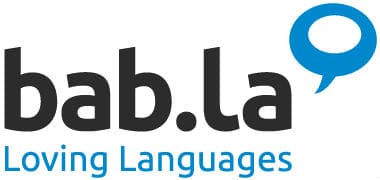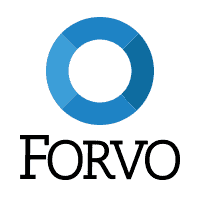Eggbun Mini-Review: Excellent for Understanding Hangul
Eggbun
Summary
Learning with Eggbun is like text messaging a very enthusiastic friend. The 2-minute lessons take place in a chat box with a character named Lanny (who might literally be an egg bun). This review will focus on the Korean app, but the Japanese version has a similar lesson style (and the Chinese version is still under development). Lanny clearly explains the different sounds that Korean consonants can make depending on where they are located in a word. You will receive practical pronunciation tips for each new jamo, and you will be typing out your first words on a Korean keyboard before the end of the first lesson. After the writing lessons, you can explore both casual and formal language through cultural notes, dialogues, dictations, multiple-choice questions, fill in the blanks, role plays, and more. There are even entire sections dedicated to special topics, such as pronunciation, borrowed words, and verb conjugations. Whether you want to learn survival Korean, business Korean, or real-life conversations, Eggbun seems like an effective app for beginners to build their confidence in basic Korean conversation.
Eggbun Mini-Review: Excellent for Understanding Hangul Read More »











